
If a provider or surgery center is attacked, the practice is on the hook for bad publicity, potential fines, and the high cost of remediation.

If a provider or surgery center is attacked, the practice is on the hook for bad publicity, potential fines, and the high cost of remediation.

Federal agencies say a cybercrime group known as the Diaxin Team has hit healthcare organizations with ransomware and stolen patient data.
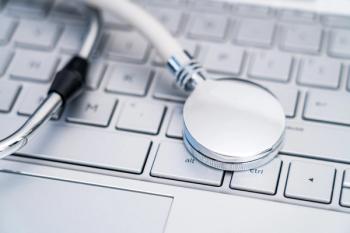
The system says there��’s no evidence of fraud or misuse of information. The breach stems from an online tool meant to track patient trends, and other health systems have reported similar incidents.

The health system continues to deal with a cyberattack that has affected some systems and led to some patient appointments being canceled or rescheduled.
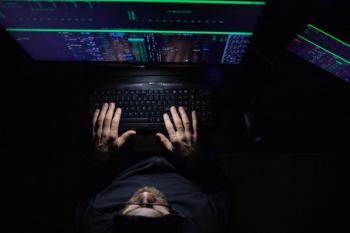
The system says it is working with law enforcement and cybersecurity experts. Some hospitals have rescheduled patient appointments and some systems are offline.

The nonprofit system said it has taken some systems offline, and that could include some electronic health records.

A survey of chief information officers reveals they’re worried about the pressures on their IT staff.

Two lawmakers want more information as more hospitals are being hit with ransomware attacks. They say they’re concerned about the timely sharing of threat information with the health sector.

Millions of Americans have been affected by cyberattacks targeting hospitals and health companies in the first six months of the year. Ransomware attacks are getting more frequent, more costly and threaten patient safety.

Cyberattacks at hospitals are proving more costly, according to a new report from IBM Security. The cost of a typical breach rose by nearly $1 million over last year.
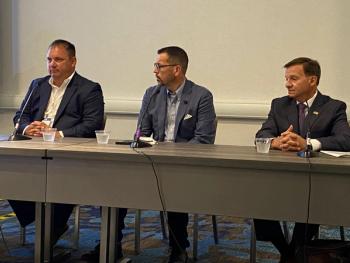
The attacks are costing health systems millions of dollars and threatening patients. Hospital leaders must develop robust defenses and prepare detailed recovery plans, experts say.

A new report by Abnormal Security sheds light on a growing trend of hackers impersonating third-party vendors to steal from companies.

FBI Director Christopher Wray said authorities thwarted the attack. Authorities have warned the healthcare sector to fortify their network defenses.

The threat is real, says Heath Renfrow, chief information security officer at Conversant Group. Healthcare organizations generally aren’t where they need to be when it comes to cybersecurity.

The group is relatively new but has targeted the health sector, the agency says. Scores of hospitals have been hit by ransomware and other cyberattacks.
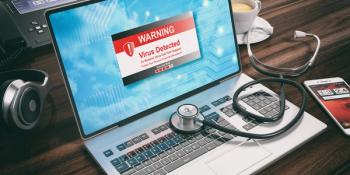
One in six practices were hit by a cyberattack in 2021, according to the Medical Group Management Association.

As we conclude our series on cybersecurity in healthcare, several experts offer advice on protecting systems and patients.

As we continue our series on cybersecurity, John Riggi, the American Hospital Association’s top expert, explains how disruptive breaches can be. And he offers advice for hospitals to fortify their defenses.

The Department of Health and Human Services is asking for comments about assessing fines or other remedies for potential violations. The agency noted the rise of cybersecurity threats involving patient data.
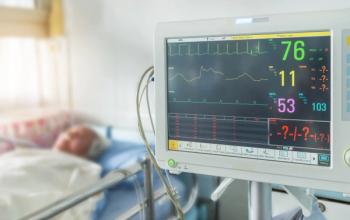
As Chief Healthcare Executive continues our series on cybersecurity in healthcare, we look at the risk a breach poses to patients. Experts say hospitals must plan for providing care after an attack.

Our cybersecurity series continues with a look at what's happening in Congress. A Senate bill would authorize more cybersecurity training for hospitals. And a new law requires hospitals to report attacks and ransom payments more quickly.

This week, Chief Healthcare Executive is taking a closer look at cybersecurity in healthcare. Today, we look at the risks for smaller hospitals, which have fewer resources to combat attacks.

As Chief Healthcare Executive continues its series on cybersecurity, we look at the Fisher-Titus system in Ohio. The organization offers useful lessons in how smaller providers can improve their security.

This week, Chief Healthcare Executive is publishing a series of stories on cybersecurity and what healthcare organizations should be doing to protect themselves. Today, we look at why hospitals should expect a breach.

More than 100 breaches have been reported to the federal government since Jan. 1, and some have affected hundreds of thousands. As part of our series on cybersecurity this week, we look at the largest attacks in the first three months of the year.